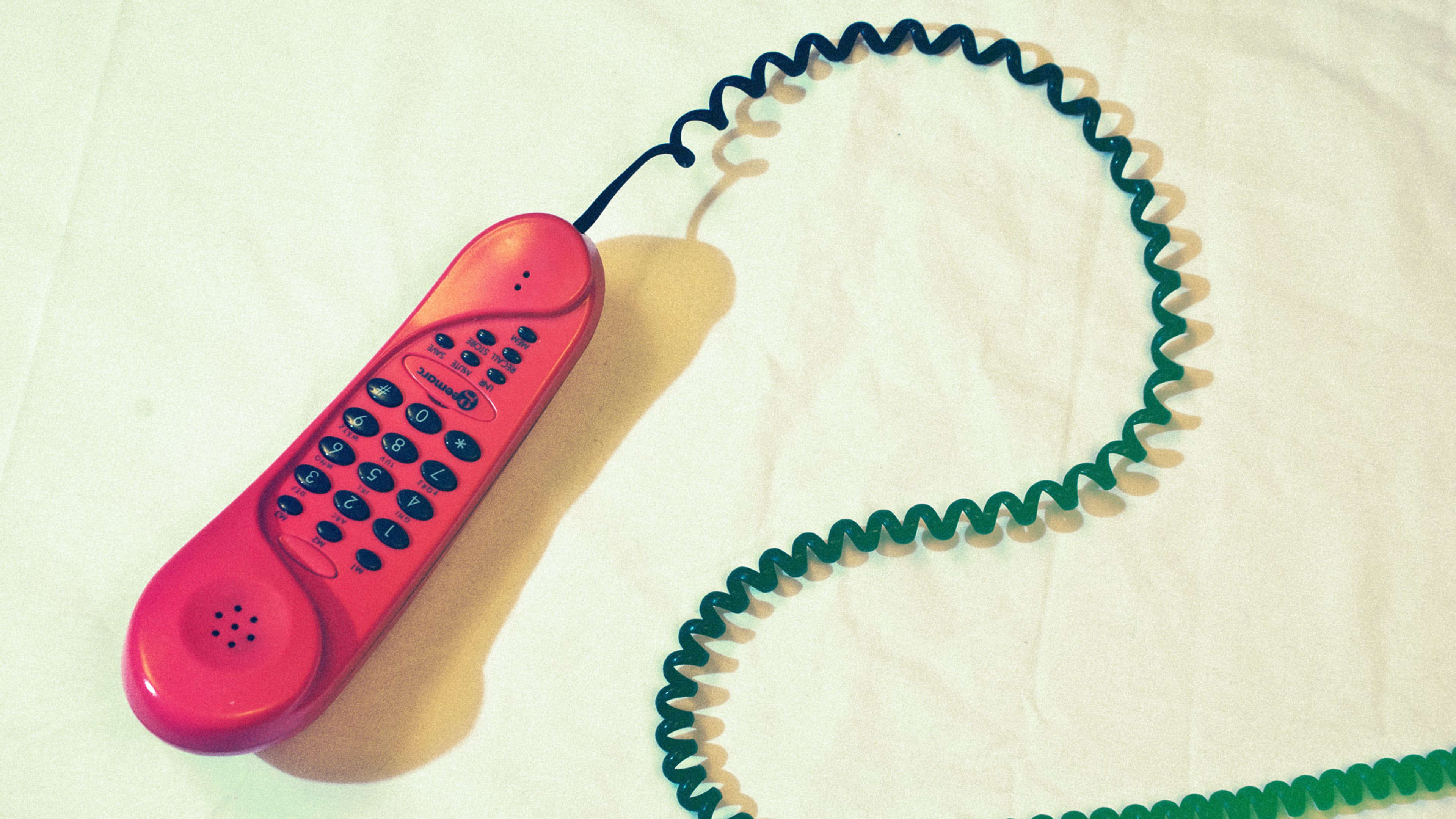Early in my career, I hated phone calls. They were time-consuming and inefficient. “Why can’t you just email me?” I’d often wonder.
My aversion was so acute that not only did I exclude my phone number from my email signature; I also recorded a message for my voice mail that said something like this: “I rarely check these messages; please email me.”
In short, I viewed Alexander Graham Bell’s invention as an unnecessary evil.
Today, I know better. I know the phone is not a burden but an opportunity. I recognize that for a relationship to thrive, you must do more than swap written words; you need to hear the other person’s voice.
You need to hear where they betray uncertainty through rambling or stuttering. You need to hear where they channel resolve by changing their tone or pitch. And you need to hear where they exude passion when their speech speeds up or goes on without a pause. Moreover, silence on a call can speak volumes.
These cues can be notoriously difficult to discern by parsing someone’s written words. Yet it’s this very ability to recognize both sense and sensibility which cements a relationship together. Without sentiment, human beings are robots.
This truth is especially timely in our new telemeeting milieu. Put simply, if you want to succeed in the workplace of tomorrow, then you need to master the phone call today. Here are four realities on the phone call that will put you in the right headspace:
On a call, it’s easy to be judgmental
First get it through your mind: The person on the other end of the line is judging you, probably a lot. On your authority, your confidence, your tone. On your diction, your professionalism, your gravitas. Think of your interlocutor as a real judge who says to you, “Everything you say can, and will, be used to judge you.”
Specifically, when someone can’t see you, she’ll use every nonverbal cue to size you up. You could be the smartest person on the line, but if you don’t present that way, you won’t be judged that way.
What’s more, once you’ve dug this hole, it can be difficult to climb out of it. First impressions carry weight and are tricky to reverse when negative.
As the host, everything is your responsibility
Second, as the host of a call, you assume many responsibilities. The expectations for you are high. Fall short, and you’ll dent your reputation as both a leader and a manager.
We’ve all been in a conference call that was dominated by a chatterbox, whose disregard for time steamrolled over the meeting’s set time. Oftentimes, meetings can just as easily boil down to an email.
Whatever the cause, the blame ultimately falls on the same person: The guy who called the meeting.
This is understandable, since if you convene a group, it’s your duty to ensure that your event is efficient and productive. If during your confab the Wi-Fi goes down, you don’t fault the hotel. Instead, you fault the organizers, or the people you paid. The same is true with a call; everything goes back to the point of command.
Time is money
From your company’s perspective, an ineffective call means you’re costing them time and money. Also from your company’s perspective, this is no way to become successful.
I like to think about teleconferences like the following. Hosting a one-hour call with four people doesn’t cost one hour—hosting a one-hour call with four people costs four hours.
Do this poorly, and you’ve just wasted half a day or more, since meetings are notoriously disruptive and make it difficult to plug back in afterward. On the other hand, if you run a call well, you’ll leave each attendee with the epitome of every positive business interaction: Actionable takeaways and concrete next steps.
We’re all in sales
Finally, if you’re in business or even remotely related to sales, you are in some way “in sales,” which makes the phone unavoidable.
A phone is to a salesman what a calculator is to an accountant—an indispensable tool of the trade.
Consider this scenario: A prospective client emails you. She says she’s looking for a writer. Yet during your intake call, you learn that she’s actually looking for (or more truthfully, needs) an editor.
Faced with this surprise, an amateur panics. She rambles and wavers, because she has so little experience conversing in real time, without the buffer of a screen. (This was me back in my anti-phone days.)
By contrast, a pro pivots seamlessly. Whatever her solution may be—seeking clarification, outlining a new idea, promising to follow up after more research—she maintains her poise. That’s because she knows that these kinds of nuanced but critical discrepancies rarely emerge in the exchange of emails. Instead, they almost always come into focus during a good old call.
Executive presence
To speak with confidence and vigor when your audience can’t see you, you first need to modify your mindset. Don’t think of phone calls as mere calls. Instead, think of phone calls as telephone meetings, which in turn are part of a broader skill set called executive presence.
Embrace this attitude, and you’ll stop slogging through telemeetings as a necessary evil. Instead, you’ll start appreciating them for what they are: an opportunity to win clients and influence colleagues.
Jonathan Rick is a speaker who helps audiences communicate better. He has delivered workshops and keynote speeches to a variety of clients, including NASCAR, Visa, and the U.S. Chamber of Commerce.
Recognize your company's culture of innovation by applying to this year's Best Workplaces for Innovators Awards before the extended deadline, April 12.
